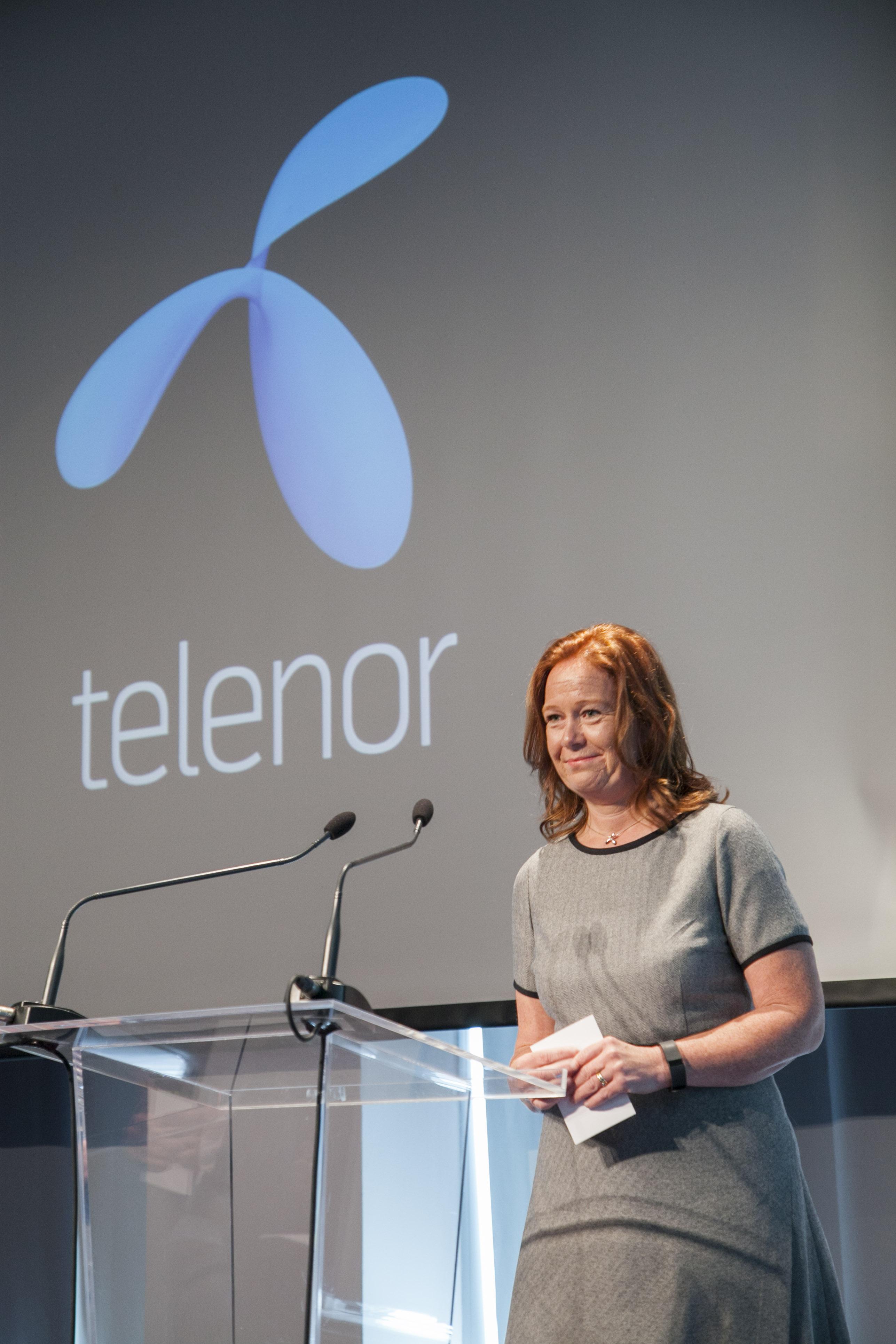Over the past 10 years, Telenor has invested EUR 2 billion, aiming to impact the quality of people’s lives. Today the company is focused on providing the fastest internet experiece to its customers wherever they are

We spoke with Mrs. Ingeborg Øfsthus, the Chief Executive Officer of Telenor Serbia about the company’s business plans.
- What is the focus of your current investments in Serbia?
We are fully focused on investing in further digitalization of the Serbian society. For that reason we need a strong, seamless network, wherever our customers are. Investing in network has always been and is our top priority.
Last year we covered the whole population of Serbia with fast mobile data network. What we see now, as a result, is that more than a half of the total mobile internet traffic is going through our network. It is a clear input on the take- up of digitalization, which is amazing.
This year, we are investing heavily in 4G rollout. In about a month, we will complete covering all towns, with the population over 3,000, with 4G, enabling the fastest internet experience to more and more customers.
All operators on the Serbian market have invested in the rollout of 4G and that is a fact. But what is unique for Telenor is the synergy between 3G and 4G – fast mobile Internet, wherever our customers are. And we went even one step further. We have just launched 4G+ in seven largest cities, which can offer up to 2.5 times higher internet speeds. We see that the data appetite of our customers is growing, and we want to ensure that they retain supreme customer experience in the future. Also, we need to invest in competence and talent.
- How these investments fit into broader perspective of your longer than decade presence on the Serbian market?
They fit perfectly, as investments in the network have always been our top priority. Over the past 10 years, Telenor has invested EUR 2 billion, aiming to impact the quality of people’s lives. That approach has brought us where we are today – earning our customers trust, step by step and developing premium brand position on the market.
Back in 2006, when we came to Serbia, the only available technology was 2G with voice and SMS, as customers’ main means of communication. Almost a year ago, we achieved a mobile internet speed of 1 Gbps on a 5G test – the highest speed ever achieved in Serbia, providing us with an insight into the future of mobile telephony. And it is endless!
- Where do you see perspective for further growth on the domestic market?
For sure, in further digitalization, since it is solving the needs of our customers. They want reliable and available service on their mobile phones, wherever they are. That is why having relevant digital services in our portfolio and offering seamless connectivity is the way to go. But it requires constant investments. At the same time, customers are not always willing to pay, making profitability one of the key challenges of digitalization. The other one is competition, which are not exclusively traditional telcos anymore, but also global companies, such as WhatsApp or Viber. What we see as a possibility for us is to create new ecosystems and partnerships, enabling our customers to have the service they want.
- Which prerequisites within the institutional framework are missing if we want to use more of e- services?
We always need more institutional support when it comes to predictability and level playing field. We need to make sure that we have in place the legislation that is enabling us to use the technologies to their full extent. It cannot be outdated. We like and we want to compete. But the game has to be fair.
- You have recently organised your first hackathon. How did it fare and what were your goals?
Now, after few months, we can proudly say that first Telenor Hackathon was a great success. Our main goal was to support technological creativity and improve our customers’ digital experience. And we did it!
Finalists, almost 42 programmers, rallied in 14 teams had the opportunity to develop specific solutions in the field of artificial intelligence. Young people who were 25 years old on average, in 12 hours made a total of 20,000 line codes and 14 functional prototypes of Facebook ChatBot application.